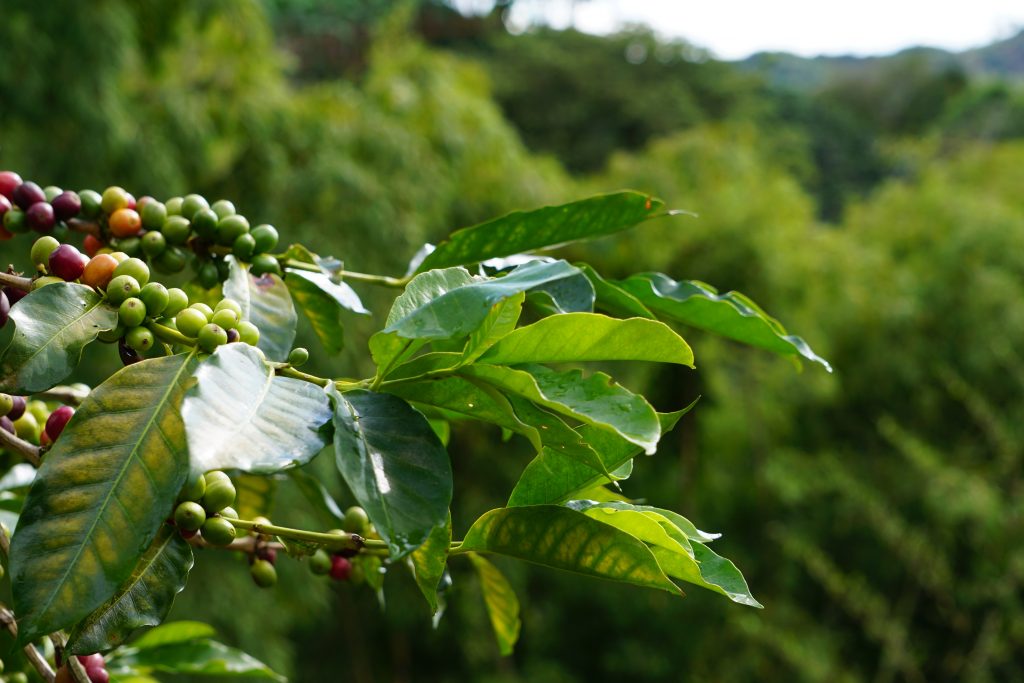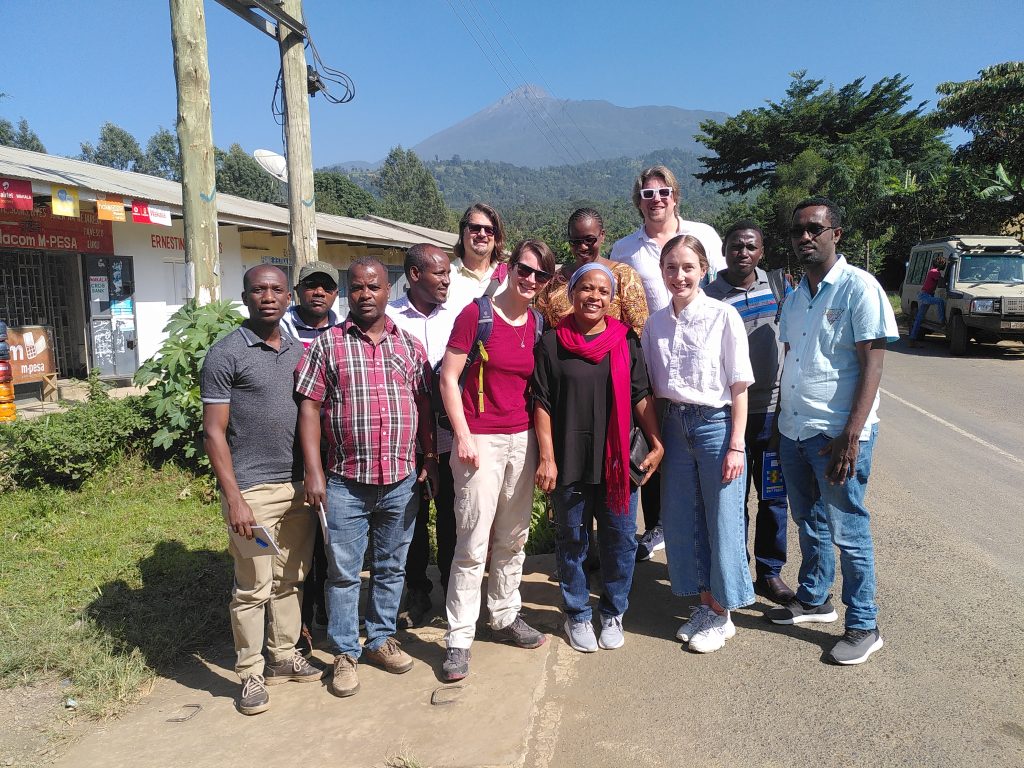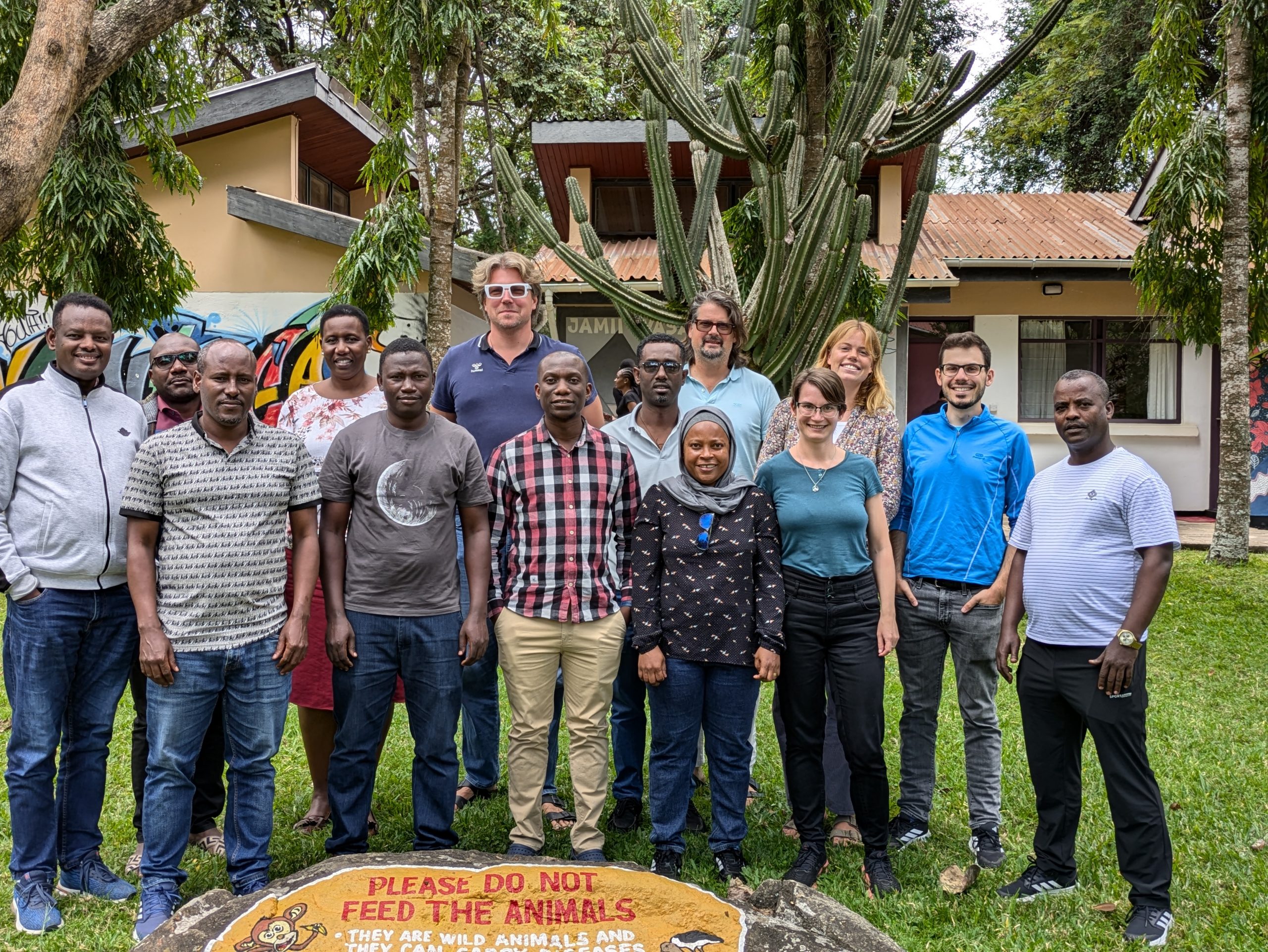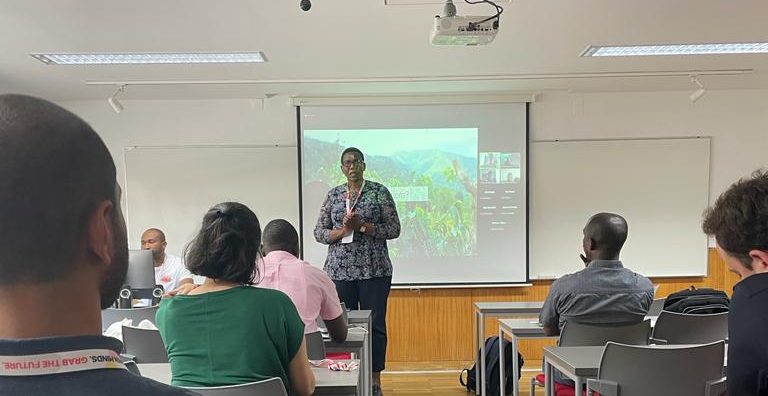Home
THE PARADOXES OF CLIMATE-SMART COFFEE – A RESEARCH PROJECT
Focused on Ethiopia and Tanzania, the PACSMAC project will investigate how climate change – and the ways actors across the value chain are trying to adapt to or mitigate it – affect coffee farmers’ livelihoods and land-use decisions. While observers often describe emerging coffee production experiments and the market opportunities they generate as resilient, vibrant and environmentally beneficial, these assessments are preliminary and speculative. In fact, the opportunities and incentives for growers to adopt and benefit from any of these innovations will depend on what downstream firms and even consumers do.
PACSMAC will illuminate the connection between smallholders’ opportunities to innovate to improve their livelihoods and firms’ and governments’ efforts to build and profit from global value chains. The project is funded the Ministry of Foreign Affairs of Denmark through the Consultative Research Committee for Development Research (FFU) and the Danida Fellowship Centre and will run for five years.



THE RESEARCH
Facing increasing temperatures, precipitation changes and new disease & pest threats, coffee farmers are testing new planting techniques and genetic varietals. PACSMAC will analyze how climate change adaptation and mitigation innovations may shape governance and upgrading along the whole coffee value chain in order to understand how impacts on and strategies of coffee farmers and downstream firms interact. Hereby the focus lies on the coffee sectors in Ethiopia and Tanzania. The following three questions will guide the research:
- How might climate change itself, alongside the mitigation and adaptation efforts intended to address it, affect the governance of coffee value chains originating in Ethiopia and Tanzania?
- How do these changes affect the distribution of value along the chain, upgrading opportunities and farmer livelihoods?
- How might these changes reshape the geography of coffee production and forest cover?
The project will combine in-depth qualitative research using participant observation and expert interviews of downstream coffee firms with focus groups, interviews, and surveys. Furthermore, satellite data in selected villages in coffee-growing regions in Ethiopia and Tanzania will be utilized for the research. Combining these valuable data sources will allow to develop scenarios of future coffee value chain development in the two countries that connect farmers’, states’ and firms’ actions with livelihood and land-cover impacts.

THE TEAM
The project team is made of researchers from Copenhagen Business School, Lafayette College, ESADE Business School, Jimma University, Ethiopia and the University of Dar es Salaam, Tanzania. The project also supports the development of four PhD students.
UPDATES
Third PACSMAC team meeting, Usa River 08/2024
From August 25th to 31st, the project’s research team met at the MS TCDC Conference Centre in Usa River, Tanzania, bringing together fourteen researchers from Dar es Salaam University, Jimma University, Copenhagen Business School, and ESADE Business School. This meeting marked the first in-person collaboration after two years of online meetings since the project’s launch in March 2022. From…
PACSMAC at the EADI Conference
In July 2023, the PACSMAC team presented two seed panels at the EADI CEsA General Conference 2023 on Towards New Rhythms of Development.
Joint Fieldwork Activities
In April 2023, the PACSMAC country teams in Tanzania and Ethiopia received visits from other team members to engage in joint fieldwork-related activities.
PACSMAC at DFC Science Engagement Days
In March 2023, the PACSMAC team participated in the Science Engagement Days workshop on Equitable Research Partnerships organized by the Danida Fellowship Centre.
CONTACT
Feel free to reach out to our team for more information about PACSMAC and to seek out collaboration opportunities. You can also find us on Twitter!
Fill in our contact form.
Get in touch with us on Twitter (Tweets by PACSMAC_Project)



